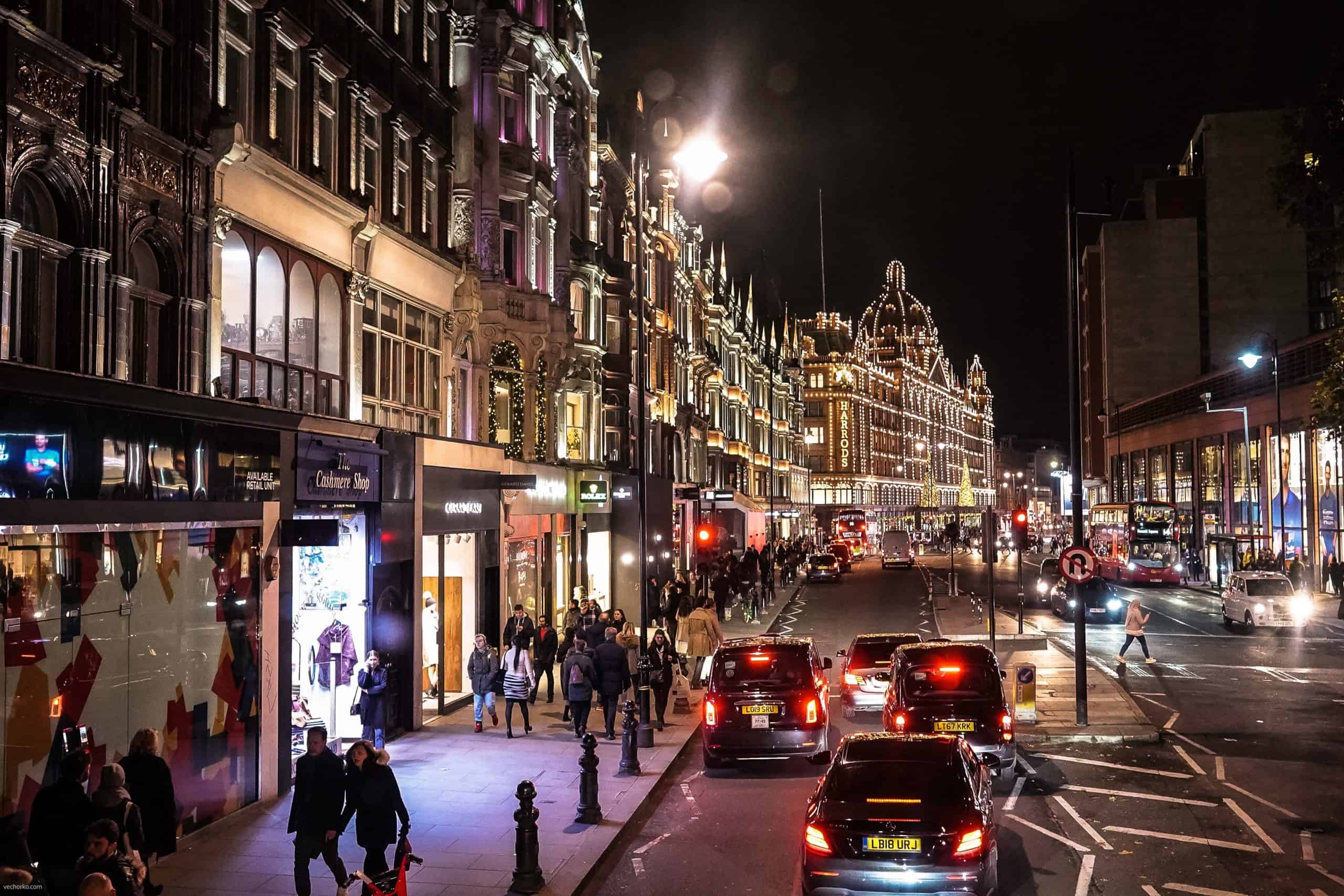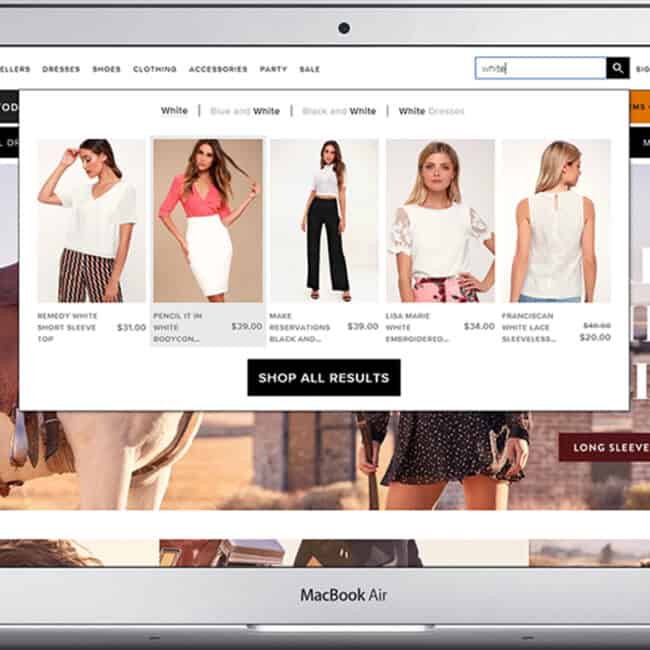How tech will transform the high street post lockdown
March 11 2020 - the day that the World Health Organization declared the outbreak of COVID-19 a pandemic. The global restrictions on movement over the following 12 months have meant that, unsurprisingly, one of the most severely impacted sectors has been retail.
In the UK a record number of shops closed on UK high streets during the first half of 2020, a year which proved to be the worst on record for retail sales growth. According to the British Retail Consortium, in-store non-food sales declined by 24% compared with 2019, while footfall was down over 40% in 2020.
UK retailers will be eagerly awaiting news of how and when the latest lockdown restrictions will be lifted - the hope is that the vaccine roll-out will allow some return to normality on the high street in the coming months. Yet government ministers have warned that, no matter how successful any vaccine proves to be, we may have to learn to live with the virus for many years ahead.
So, what does that mean for retailers? What does the 'new normal' mean for a trip to your local high street? Boris Johnson gave a glimpse of what the future may hold this week - the potential use of rapid lateral flow tests, providing a virus test result in around 30 minutes, for those wishing to enter public spaces like nightclubs and theatres. The method is already being used by many workplaces to test employees - retail giant Matalan is regularly testing staff at its Merseyside warehouse.
So could lateral flow tests become a fixture on the high street, with shoppers only allowed to hit the aisles after providing favourable test results? It's just one of the ways in which technology could potentially play a crucial role in breathing life back into the retail sector. Making predictions with any degree of certainty is foolish at the current time. Nevertheless, I've taken a look at three types of tech which could be commonplace on a high street near you soon...
- Facial recognition: the ability to identify who is entering a store has been heralded as a crucial tool in helping retailers to reduce shoplifting. Now a simple scan of your face could take contactless payments to whole new level. Last year the Californian city of Pasadena saw the roll-out of the country's first facial recognition payment network. The tech developed by local firm PopID allows users to add a credit or debit card to their accounts to pay with their faces - a safer, hands-free alternative to cash, credit cards or Apple Pay.
- Self-check outs: the ability to reduce in-store queue time is crucial to keeping a safe distance between shoppers. Scan-and-go tech allow shoppers to use their own device to pay for their goods from any location in a store. Sports retailer Decathlon is using the MishiPay mobile self-checkout solution across all its stores in the Netherlands. Customers simply scan and pay for items using their smartphone, automatically disabling the RFID security tag to leave them free to exit the store without any need to queue or wait at the checkout.
- Augmented reality: Brands are already using the power of AR to interact with consumers on their mobile devices. Online retailers have found that they can significantly reduce clothing returns by providing a 'try-before-you-buy' digital experience. Now AR is being used to help shoppers navigate their way around retail stores. Visual AR-markers are integrated into a store interior in the form of wall posters or floor decals - shoppers can begin a navigation session in the AR app by scanning a poster at the entrance. The tech provides brands with a better understanding of shopper behaviour and buying decisions.
The future of technology use in the retail sector, as well as the growing impact of ecommerce, will be among the topics discussed at the next #BabelTalks event - a Q&A with Luke Tugby, Editor of Retail Week.
Retail Week is the UK's leading provider of retail industry news, market reports and data from across the entire retail sector. Readers are primarily retail company board directors and senior managers, as well as suppliers to retailers and investment analysts. Among the themes to be discussed with Luke at 1400GMT on 23 February:
- The role of technology in helping retailers survive the pandemic
- How retail tech organisations build reputation with journalists, and in turn their audiences
If you are interested in attending please email me your details: simon@babelpr.com









